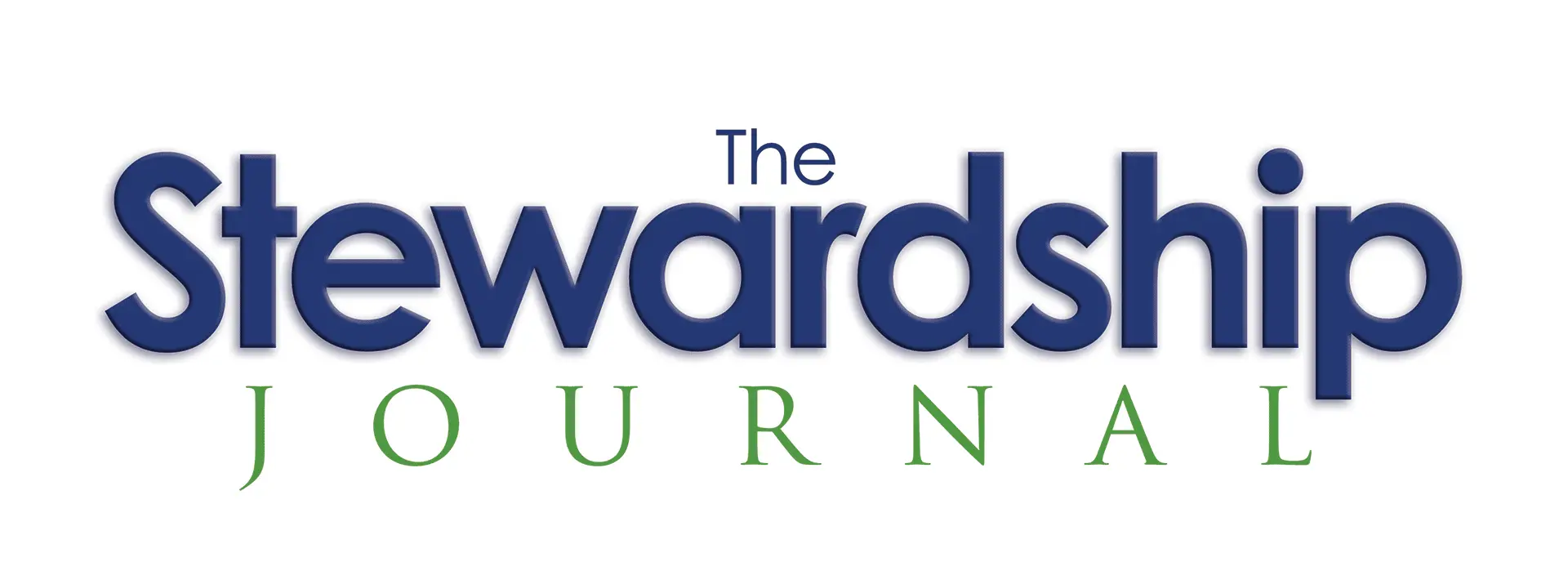Finding Stability in An Unstable World
When I wrote my book on preaching on stewardship, The Forgotten Sermon, I developed the following series, Finding Stability in an Unstable World. Here is the first sermon in that series.
Laying a Foundation That Assures Stability
Psalm 1
Introduction: Where were you on 9/11? Nothing so clearly illustrates the instability we continue to feel like that day. We were forced to realize that our stable world could be shattered in a moment. Add to this the Great Recession of 2008 when our 401K’s nearly evaporated overnight and two-plus years of dealing with Covid, and we have an American public that feels less secure and stable than they have in years.
On top of this, we are undergoing massive societal change. Change is all around us. For instance, consider…
1. Secularization – The Nones, those who when asked what their religious preference is and say none, are the fastest-growing religious segment in America, with nearly 30% identifying no religious affiliation.
2. The Demographic Remapping of America – Whites are in the majority at 64% today, but in 30 to 40 years, they will be in the minority. One out of every three people you will meet on the street in three to four decades will be of Hispanic origin. 10,000 Baby Boomers a day are turning 65 and will for the next twenty years!
3. Family Life – In 1960, 73% of families were considered “traditional,” in that they were headed by a man and woman. Today only 46% of families are considered traditional.
4. Technological Revolution – More than any other area, we have seen massive change. Today, 80% of Americans have a smartphone that they never leave home without.
The result of all this change is instability. People are desperately looking for something permanent, unchanging, something steadfast and dependable. They want to find stability in an unstable world. For the next few weeks, we’re going to talk about how you can find stability spiritually and financially in your life.
As we launch this series, I want to talk to you about Laying a Foundation That Assures Stability. How can we find meaning, purpose, and spiritual stability in our lives? To answer this, let’s look at Psalm 1.
If you and I are to lay a foundation that will assure stability in all areas of our life, we need to first see…
I. A Caution Given for Laying a Foundation for Stability – Verse 1 – Before we go into the cautions listed in this verse, let’s consider the first word, blessed. What does that mean? Literally, the word means happiness or contentment. The word comes from a root word that means “straight” or “right.” It thus means a righteous man or woman is the one who is right or straight with God. The Amplified Bible translates the word to mean “fortunate, prosperous, and favored by God.”
Application: When God favors you, you will be blessed no matter how unstable the world is around you. There are three cautions the Psalmist gives that we must not do to lay that foundation.
Let’s look at them. The Psalm begins by saying, “Blessed is the man…
- Who does not walk in the counsel of the wicked – This literally means that a blessed man does not take the advice of evil men as his guide. Consider what Proverbs 3:5, 6 says, “Trust in the Lord with all your heart and lean not on your own understanding; in all your ways acknowledge him, and he will make your paths straight.”
Application: Where do you go to get advice? Our trust is to be in the Lord and His Word. - Stands in the way of sinners – This literally means, does not loiter with those who are habitual in moral failures. Have you ever seen no loitering signs? They are there because when people loiter, typically, bad things happen. Paul says in I Corinthians 15:33, “bad company ruins good morals.” Who you “stand” with WILL impact how you live and will impact your life’s stability, or lack of it.
Application: Are your friends and those you associate with helping you in your walk with God or hurting your walk? - Sits in the seat of mockers – The KJV uses the word scornful. Literally, this means that the blessed person does not become like one who scorns and mocks God.
Application: To be blessed, we have to avoid the counsel and ways of sinners, those in opposition to God’s Word. Paul admonished the Corinthians that, “though we live in the world, we do not wage war as the world does. The weapons we fight with are not the weapons of the world.” The rest of the Psalm shares with us about the key weapon we have that WILL build stability in us!
II. The Commitment Needed for Laying a Foundation for Stability – Verse 2 – Having dealt with the negative side of laying the foundation, the Psalmist now turns to what we MUST DO to be blessed.
- Delights in the law – When you delight in something, you first hold it in high esteem. It has a place of prominence in your life. It gets attention in your life. The blessed person has delight in the law of the Lord. We learn about God’s laws from Scripture. Listen to these passages:
Ps. 119:89 says, “Forever O Lord thy word is settled in heaven.” KJV
II Timothy 3:16, “All Scripture is God breathed and is useful for teaching…”
Psalms 19:7-11, “The Law of the Lord is perfect…”
Scripture is always relevant and timely. When other sources of information pass into history, the word of God continues year after year to provide hope and direction to those that turn to it. - Meditates on the law – What does meditation mean? Barnes’ Notes on the Bible states, “The meaning here is, he thinks of it; he endeavors to understand its meaning; he has pleasure in reflecting on it. It is not a subject which he puts away from him or in respect to which he is indifferent, but he keeps it before his mind and has satisfaction in doing it.”
Illustration: Greg Surratt, the pastor of Seacoast Community Church, said that if you know how to worry, you know how to meditate! Worry focuses upon a perceived problem or issue and continually thinks and ponders about it. Meditating on Scripture is the same process we use to worry.
Biblical Illustration: Jesus addressed worry in the Sermon on the Mount. Listen to his words, 31 “So do not start worrying: ‘Where will my food come from? Or my drink? Or my clothes?’ 32 (These are the things the pagans are always concerned about.) Your Father in heaven knows that you need all these things. 33 Instead, be concerned above everything else with the Kingdom of God and with what he requires of you, and he will provide you with all these other things. 34 So do not worry about tomorrow; it will have enough worries of its own. There is no need to add to the troubles each day brings.”
Application: Stability comes from a commitment first to the Lord and then following his directions through the Word of God, the Scriptures. What are you placing your trust in today?
III. The Comparison Offered About Laying a Foundation for Stability – Verses 3-6
Let’s look at the comparisons given in this Psalm.
| Godly Person 1. Planted – secure 2. Productive – yields fruit 3. Permanent – leaf does not wither 4. Prosperous – v. 3c | Ungodly person 1. Unstable – like chaff 2. Unproductive – blown away 3. Temporal – will perish 4. Unprosperous – Not so the wicked! |
Illustration: Let’s say you are shopping for a car. Do you want one that looks shiny and fast or one that will last? In shopping, we are always comparing one product to another. We want value and dependability in our purchases. This is especially true of our major life purposes.
Application: If someone were to look at your life and do a comparison on you, what would they find? Would you compare favorably to the godly person here or the ungodly?
Conclusion: Do you know what the most important part of a house is? The foundation. Jesus illustrated that well with the story of the wise and foolish builders in Matthew 7:24–27. The right foundation is the key to your security.
For more sermon ideas, download The Forgotten Sermon: How to Preach Effectively on Giving at: https://acts17generosity.com/store/.


Leave a Reply